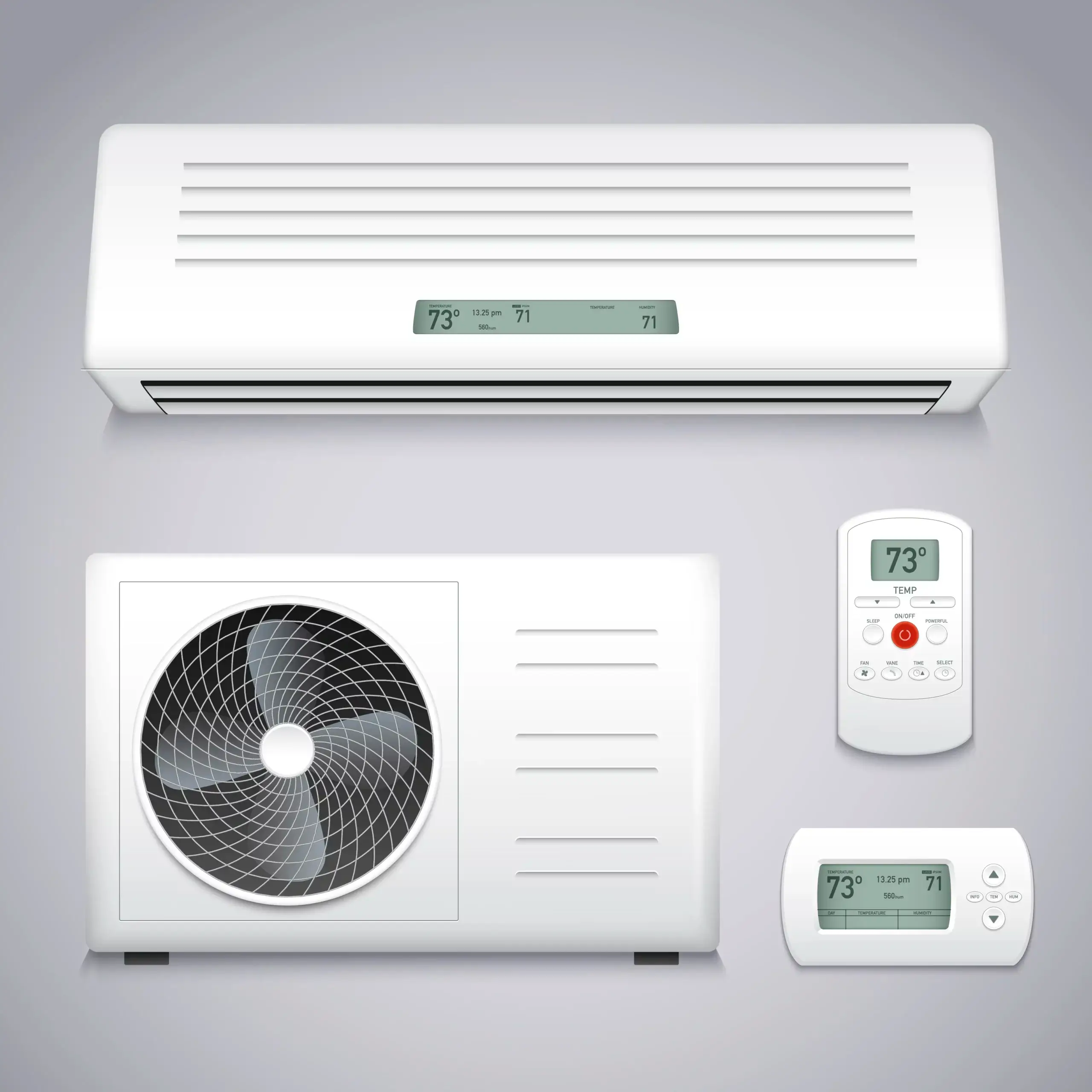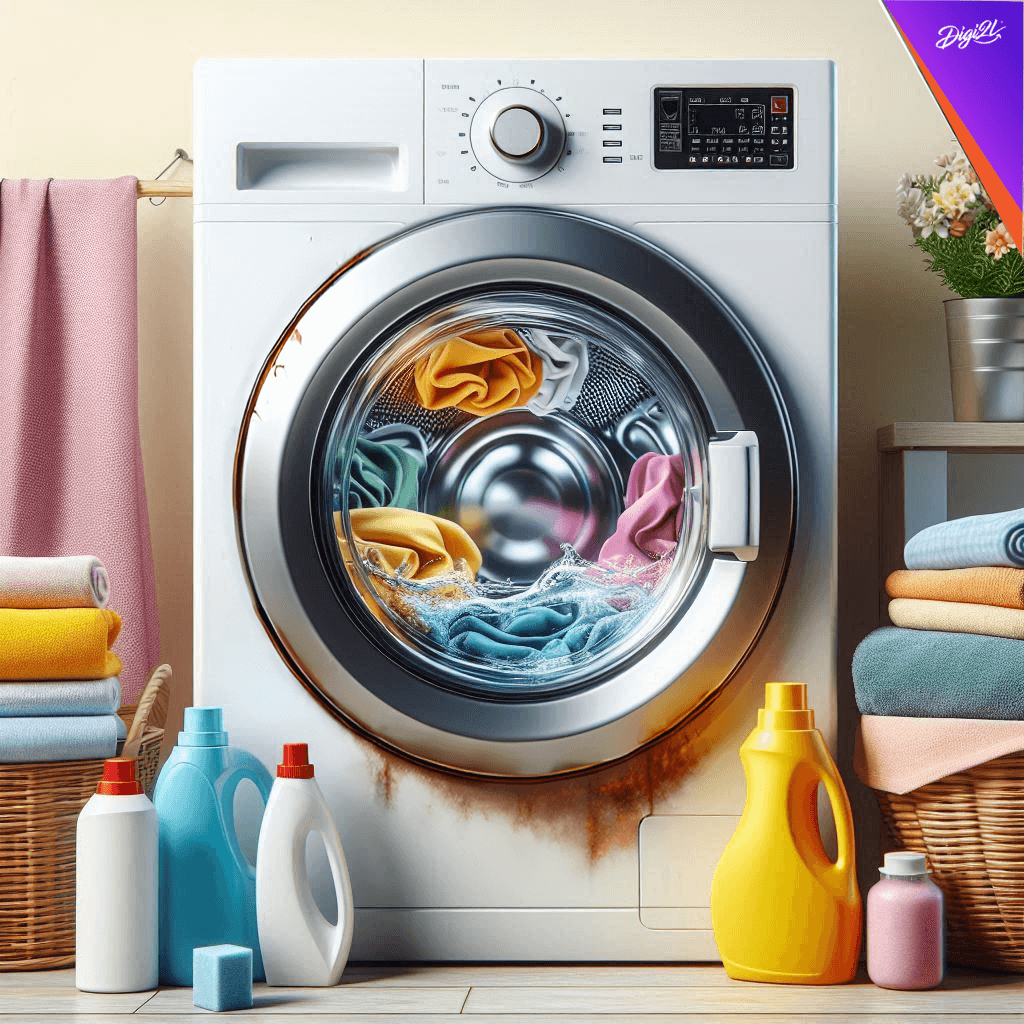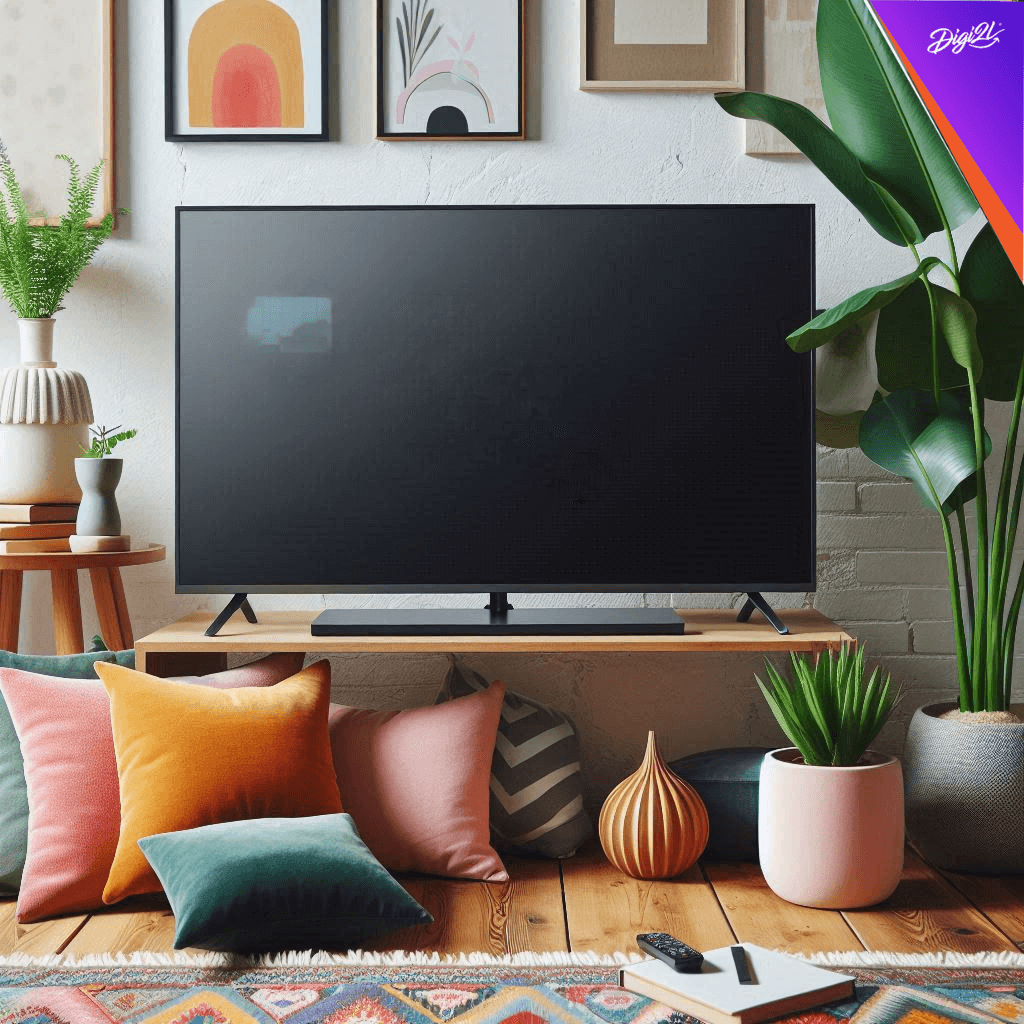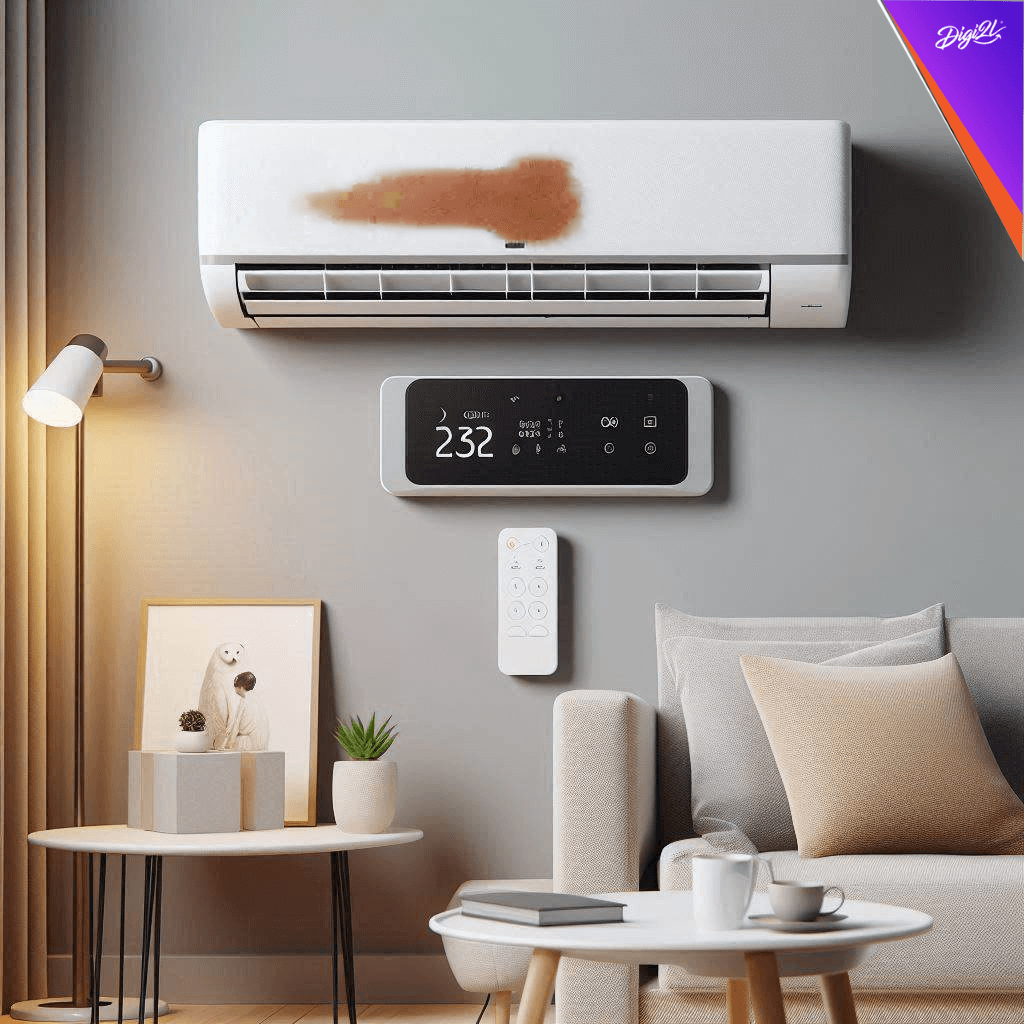
Please Wait ...


Blogs> Decoding the Need for Stabilizers: Air Coolers and Voltage Fluctuations

Air coolers have long been a popular choice for providing affordable and energy-efficient cooling in hot and dry climates. As you set up your air cooler, one question may arise: Do you need a stabilizer to ensure its safe and optimal operation? In this blog, we’ll explore the need for a stabilizer with air coolers, factors to consider, and potential benefits it may offer.
Understanding Voltage Fluctuations:
Before delving into the need for a stabilizer, it’s essential to grasp the concept of voltage fluctuations. Power supply issues can cause voltage to vary from its standard range. Frequent high or low voltage levels can potentially harm electrical appliances.
Voltage Tolerance of Air Coolers:
Unlike air conditioners, air coolers are designed to be more tolerant of voltage fluctuations. They typically operate at lower power consumption, making them less susceptible to voltage-related issues. Most air coolers have built-in protective features that safeguard them within a certain voltage range. This means that in stable electrical environments with minor fluctuations, a stabilizer may not be necessary.
Factors to Consider:
While air coolers generally handle voltage fluctuations well, several factors may influence the need for a stabilizer:
Voltage Stability in Your Area: Evaluate the stability of your local power supply. If you experience frequent voltage fluctuations or power surges, it might be wise to consider a stabilizer to provide an extra layer of protection for your air cooler.
Cost and Convenience: Stabilizers add an additional cost to your setup. Consider the expense and weigh it against the potential benefits and risks. Additionally, assess the ease of availability, installation, and maintenance of stabilizers in your area.
Benefits of Using a Stabilizer:
Although not always essential, employing a stabilizer with your air cooler can offer certain advantages:
Voltage Regulation: Stabilizers regulate voltage levels, ensuring a consistent and steady supply of electricity to your air cooler. This helps protect its sensitive electrical components and may enhance the cooler’s longevity.
Protection from Power Surges: Stabilizers often feature surge protection capabilities, shielding your air cooler from sudden spikes in voltage due to lightning strikes or other power grid issues.
Peace of Mind: Utilizing a stabilizer can provide reassurance that your air cooler is well-protected, particularly in areas prone to voltage fluctuations. It offers peace of mind, knowing that your cooling appliance is operating under optimal conditions.
Determining whether you need a stabilizer for your air cooler depends on various factors, including the stability of your local power supply and the potential risks of voltage fluctuations. While air coolers are generally designed to handle such fluctuations, using a stabilizer can provide an added layer of protection and voltage regulation. Assess the specific conditions in your area, consider the cost and convenience, and make an informed decision based on your individual circumstances. Remember to consult the manufacturer’s guidelines and recommendations regarding the use of stabilizers to ensure the optimal performance and longevity of your air cooler.
Image by macrovector on Freepik

By Digi2L - June 8, 2024

By Digi2L - June 7, 2024

By Digi2L - June 6, 2024